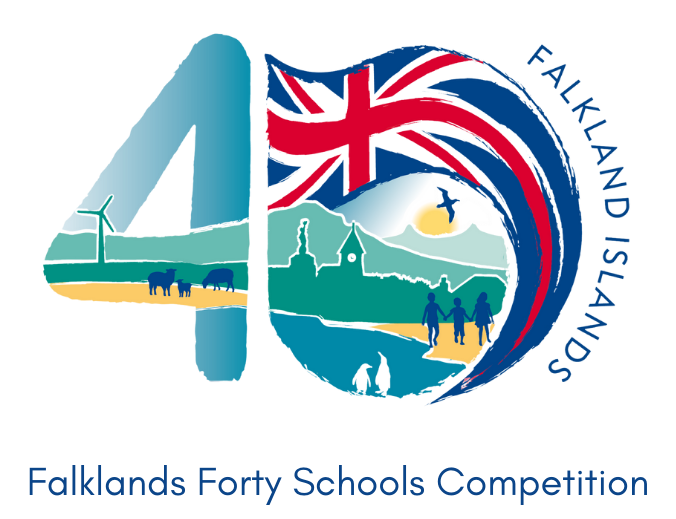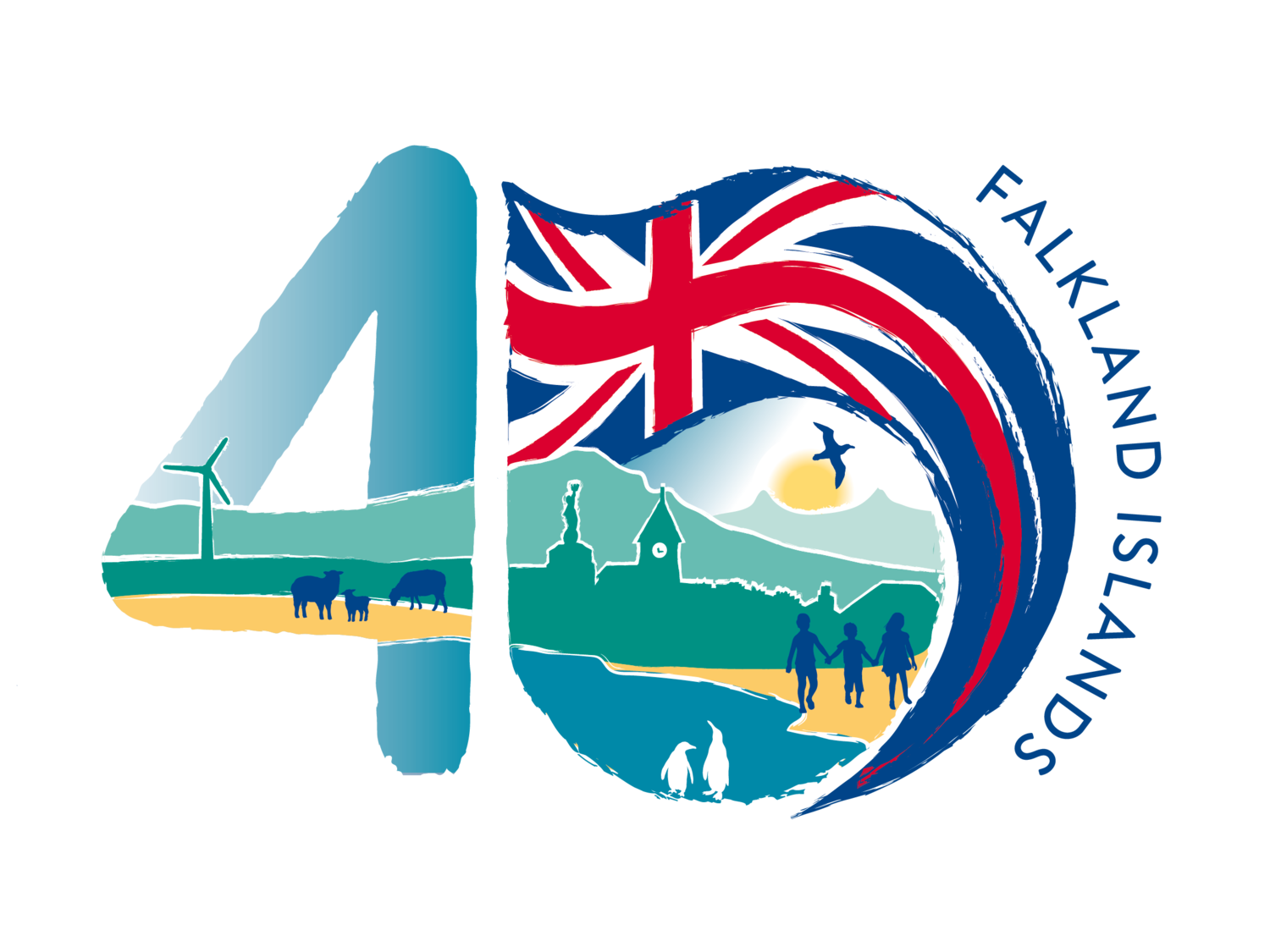Historical Context
The Falkland Islands are one of fourteen ‘British Overseas Territories’ (OTs) - islands, enclaves and territories located in the Atlantic, Pacific and Indian Oceans, the Caribbean, and the Mediterranean that, together, represent the last remnants of the once globally vast British Empire. Other OTs include Gibraltar, the British Virgin Islands, and the British Antarctic Territory. The relationship between the UK and the OTs has changed and modernised significantly over the past 40 years. Although not part of the United Kingdom, British OTs retain strong constitutional and historical connections with it.
It is likely that the first European to lay eyes on the place we now call the Falkland Islands was the British navigator, Captain John Davis, aboard the ship ‘Desire’ in 1592. This sighting is commemorated in the depiction of Davis’s ship on the Falkland Islands flag, and in the official Falkland Islands’ motto: ‘Desire the Right’. Over the following 250 years the islands would be claimed variously by the British, French and Spanish, but have been continuously inhabited and administered under the British flag since 1833 – with many current Falkland Islanders able to trace their family lineages back to this point.
The British Armed Forces have a base on the Islands which hosts a number of aircraft and a garrison. This military support from the UK is necessary because the Falklands' status as a British OT continues to be fervently contested by Argentina, which considers the Islands an integral part of its national territory. In 1982, Argentina, which was at the time governed by a brutal military dictatorship that was waning in popularity, invaded the Islands, leading to a 74-day occupation of the islands and a fiercely fought military confrontation with the UK where 255 UK Armed Forces servicemen died, as well as three Falkland Islanders. Forty years after the Falklands War, Argentina continues to pursue its sovereignty claim and challenge the Islanders' right to self-determination.
The Falkland Islands today are a self-governing and self-determining democracy. The Islands hold a General Election every four years to elect eight Members of Legislative Assembly from two constituencies to form a Government. The Falkland Islands Government is directly responsible for all internal matters, like education and health. The UK is responsible for foreign affairs and the defence of the Islands. Queen Elizabeth II is the head of state and is represented within the Islands by The Governor, who resides in Government House.
The Falkland Islands is home to over 60 different nationalities, including large Chilean, Filipino and Zimbabwean communities. The Islands are financially self-reliant and do not require financial assistance from the UK and have a strong economy with fishing, tourism and agriculture being the key industries.





